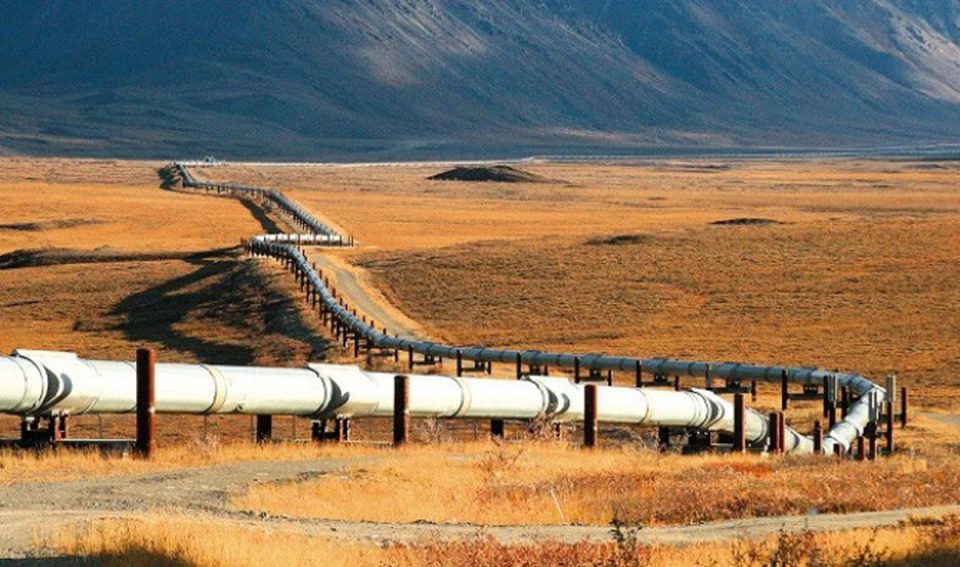The Nigerian National Petroleum Company Limited (NNPCL) will tomorrow (Thursday) sign a Memorandum of Understanding (MoU) on a gas pipeline project with the National Office of Hydrocarbons and Mines of Morocco and the commission of the Economic Community of West African States (ECOWAS).
The MoU is expected to drive the execution of the 7,000-kilometre Nigeria-Morocco gas pipeline project which is expected to ramp up supply to Europe.
In preparation for the signing of the agreement scheduled to hold on 15 September, 2022 in Rabat, Morocco, the Group Chief Executive Officer of NNPC Ltd, Mele Kyari Tuesday paid a visit to the President of the ECOWAS Commission, Dr. Omar Touray.
Making the disclosure on its Twitter handle, the NNPCL explained that during the meeting, both the form as well as the ECOWAS Commission reaffirmed their commitment to provide gas to West African countries through the kingdom of Morocco and subsequently to Europe.
In addition, the NNPC and Morocco’s ONHYM will also sign two MoUs with SMH of Mauritania and Petrosen of Senegal to participate in the project.
When completed, the project will supply about 3 billion standard cubit feet of gas along the coast of West Africa from Nigeria, Benin, Togo, Ghana, Cote d’ Ivoire, Liberia, Sierra Leone, Guinea, Guinea Bissau, Gambia, Senegal, Mauritania to Morocco.
According to the NNPCL, other benefits include improvement of living standards of people, integration of the economies within the sub-region, and mitigating against desertification through sustainable and reliable gas supply.
The Nigeria-Morocco Gas Pipeline (NMGP) project is an initiative of the federal government of Nigeria and the Kingdom of Morocco and was conceived during the visit of King Mohammed VI of Morocco to Nigeria in December 2016.
The NMGP Project is aimed at monetisation of Nigeria’s abundant natural gas resources, thereby generating additional revenue for the Country, diversification of Nigeria’s gas export routes, elimination of gas flaring.
It will also assist in supplying gas to Morocco, 13 ECOWAS Countries and Europe, integration of the economies of the Sub-region and improvement of living standards of people within the sub-region
It is further expected to create wealth and poverty alleviation, assisting in the fight against the desertification through sustainable and reliable gas supply as well as providing avenue for other Countries along the pipeline route to develop and export their gas.
The pipeline is a 48 Inch X 5,300 Km (Offshore Brass Island-Nigeria to Dakhla-Morocco) and 56” X 1,700 Km (onshore from Dakhla-Morocco Maghreb European Pipeline), with a total length of about over 7,000 kilometres and comprises about 13 compressor stations.
The pipeline will originate from Brass Island (Nigeria) and terminate at North of Morocco, where it will be connected to the existing Maghreb European Pipeline (MEP) that originates from Algeria via Morocco to Spain.
It runs across 11 West African countries and is said to be the longest offshore pipeline in the world and second-longest pipeline in the world.




